Audience development manager, Jamie Potter, grapples with our future on Twitter/X
Any user of Twitter/X will be aware of the platform’s travails and deeply unpleasant atmosphere of late, which, if we’re honest, also long predates Elon Musk’s acquisition.
Donald Trump’s election victory has also prompted a further influx of people to BlueSky, the alternative created by former Twitter CEO Jack Dorsey.
The Guardian’s decision to stop sharing content to Twitter also feels like a bellwether moment.
One of Twitter’s strengths has been constructing itself as the place to go for breaking news. If enough journalists start to use an alternative, maybe a wider audience will follow?
This “vibe shift” is leaving a lot of arts organisations, not just people, questioning their future on Twitter.
Our good friends at NAPA already, admirably, made the decision to leave earlier this year.
I’d be lying if I said it’s not something that frequently crosses my mind.
The problem for Middle Child is that Twitter is our main way of communicating with the industry.
Facebook is home to our Hull audience, especially those parents and grandparents who come to panto each year, and we’ve recently joined WhatsApp to reach the same people.
Instagram is typically a younger local audience, with a growing number of theatre makers outside of Hull engaging with our content.
TikTok we don’t touch, as I simply don’t have the capacity to create a constant stream of videos, that we can’t even guarantee will reach the specific local audience we are nurturing.
Twitter, though, is where theatre makers across the country and – crucially for a company out in the sticks of Hull – theatre journalists can connect with us.
National connections
We struggle for national press coverage, but through blog posts and the like, we’ve been able to tell our own stories. There’s life in the old internet yet.
For example, a tweet about my blog post on theatre funding and ticket prices reached over 60,000 people, generating countless quote responses and replies.
Artistic director Paul’s blog post about struggling ticket sales for Baby, He Loves You reached over 77,000 people on Twitter and led to coverage in The Stage.
Another flippant tweet, about our team enjoying the day off following England’s Euro 2024 final appearance, led to more press coverage about us working a four-day week.
We could sit here and say that we should leave Twitter because the platform doesn’t align with our values, which is true.
But we would lose the only effective communications channel that we have with the wider industry.
Decline
Furthermore, why should Elon Musk and his acolytes get to subsume something which, for all its faults, has played an important democratising role on the internet?
I always advocate that social networks are just that – social – and should belong to their users, rather than be the property of any single billionaire.
We would also have to interrogate why we only ask this of Twitter, given other platforms have various, sometimes similar, failings of their own.
One thought experiment I often flirt with is to ask how Middle Child would develop its audiences if we left social media altogether. Perhaps it would be a blessing?
On Twitter specifically, I would argue that it’s more open than other networks, certainly the ‘walled garden’ of Facebook, so it is more vulnerable to profligate abuse.
Coupled with the way moderation has all but disappeared, alongside the proliferation of bots and scammers, it’s a place that is hard to even use anymore.
And these changes have, undoubtedly, had a deleterious effect on a once-vital social network.
Middle Child’s average reach on Twitter has cratered this calendar year and, for the first time ever, our follower count has been in a constant state of decline.
Maybe that’s on me? Perhaps, subconsciously, through my management of our account, Middle Child have disengaged from Twitter over the past year?
It’s hard not to give it a wide berth when it’s full of hatred, feed-cluttering spam replies, nonsense crypto adverts and AI slop.
Butterflies
For whatever reason, fewer people than ever are seeing and engaging with our posts, we reach a fraction of our actual followers and generate little traffic to our website.
Increasingly, it feels like speaking to an empty room, so at what point do we give up and find something better?
If I’m honest, we’ll follow the crowd, so we can keep in touch with an industry that we often feel geographically disconnected from. To that end, we’re feeling out BlueSky.
But maybe I should also follow my own advice, and remember what I used to tell myself as wannabe journalist who joined Twitter back in 2009: that you get out of social media what you put into it.
Maybe that can be BlueSky? Come give us a follow and we can find out.
